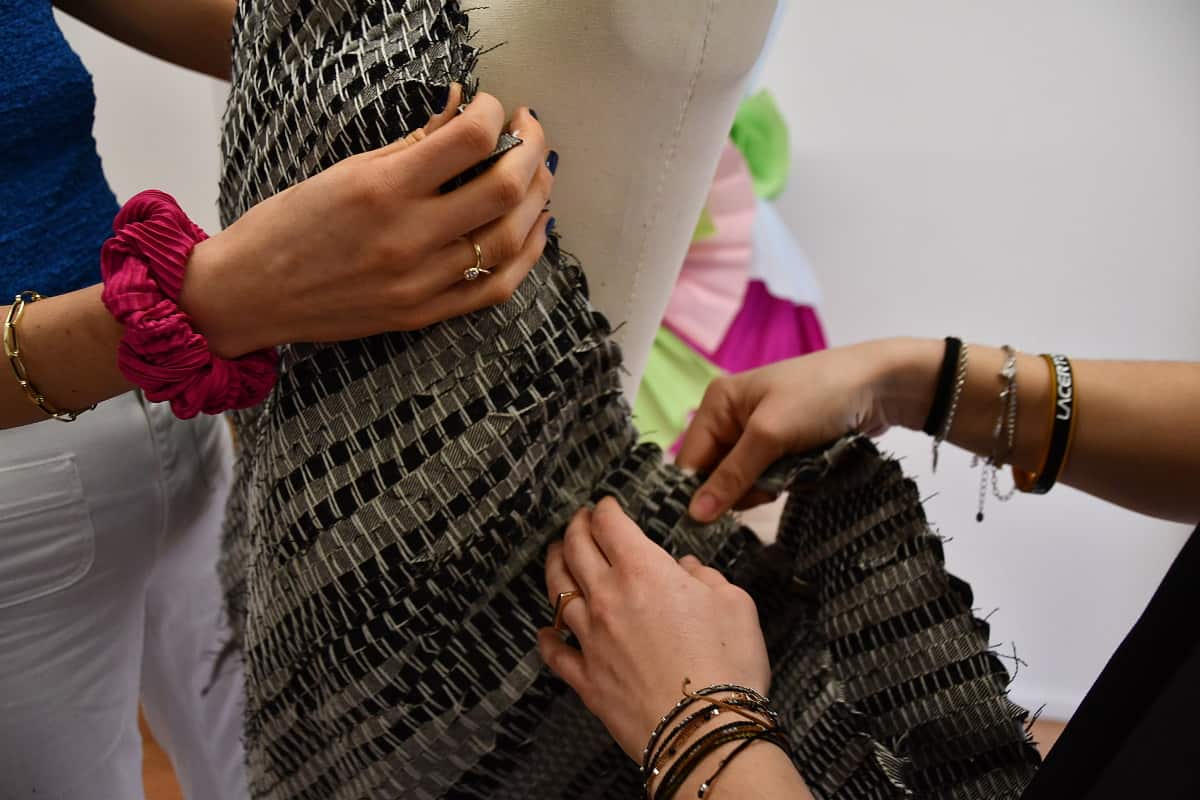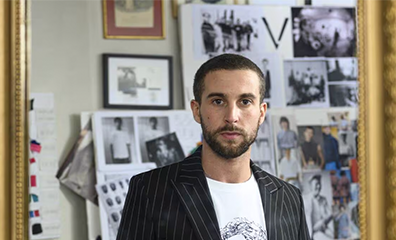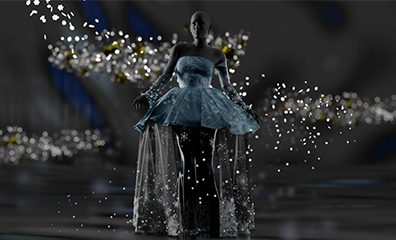4 Steps to Create Your Own Sustainable and Eco-friendly Fashion Startup
Posted on 15/03/2022
In recent years, an increasing awareness among customers has led to more responsible and ethical consumption, especially in the fashion industry.
Many French ethical and sustainable fashion start-ups are growing on these eco-responsible values. The number of ethical brands is increasing by five every year. However, the total share of "sustainable" labeled products launched each year stagnates at around 1%. Is it possible for a startup company to create an ethical clothing brand? On International Startup Day, March 11th, find out in this article 4 ways to create an eco-responsible and sustainable fashion brand.
1. The circular economy and upcycling
The circular economy or upcycling is the trend of the moment: the second-hand market is estimated to be worth 7.4 billion euros in 2021. In fashion, the circular economy consists of extending the life of a product after it has been "consumed" once. Instead of being thrown away, the garment or accessory is re-injected into the economic loop either as a raw material for the manufacture of another product, or to be resold.

The responsible clothing brand, Les Récupérables, created by Anaïs Dautais in 2016, has made upcycling its spearhead. When the idea was born, Anaïs was in charge at the ressourcerie, where she saw no less than 300 kg of textiles arrive every day.
Faced with this overproduction of linen, fabric scraps and end of rolls, she decided to reuse them to make clothes and give them a second life. Les Récupérables is a fashion brand based on the principle of upcycling, 100% made in France with products made in social integration workshops.
2. Eco-friendly sourcing to create an ethical clothing brand
Eco-responsible sourcing is the taking into account of the ecological impact in the selection process of raw material suppliers during the manufacturing process. Second most polluting industry in the world, the fashion industry is becoming aware of the dramatic impact of its production on our environment. To face the extent of consumer reactions, companies must produce better and more responsibly. Today, sourcing is no longer about maximizing margins, but about producing eco-friendly and innovative products.
Fairly Made is an eco-friendly sourcing start-up created in 2018 by Laure Betsch and Camille Le Gal, which aims to help brands change the way they produce and become eco-friendlier and fairer.
By creating a library of samples, they allow brand designers to draw from eco-friendly materials to create their collection. The chain is thus controlled, from the spinning mill to the finished goods. Farmers and factories are selected on environmental and social criteria.
Upcycling is now a part of the high-end department. The women's clothing brand Ba&sh, founded by Barbara Boccara and Sharon Krief, has started renting clothes in their New York boutique. The clothes can be borrowed for a weekend, giving a second life to pieces that could have ended up abandoned in a dressing room.
3. Pre-ordering to reduce environmental impact
Pre-ordering is the commercial method that consists in selling before producing. But how does this commercial process relate to eco-friendly fashion?
Pre-ordering is both an ecological and economical solution. By launching new products on pre-order, a brand ensures that it produces the right quantity. Overproduction is therefore limited, as are overstocks of unsold products. There is no waste and less pollution.
Solstice Éditions is a French ready-to-wear brand created by Daphné Moreau & Vincent Sergère in 2020. Born from the ambition to offer a sustainable and elegant wardrobe, and feminine in the respect of humans and the planet, Solstice Editions proposes articles in capsule collection only on pre-order. The quantity of yarn for the weaving is bought beforehand, the pre-order allows to adjust the quantities, by size, for each garment. Thus, no waste, the fabric is used to the best. Eventually, Solstice Editions wishes to open up to other eco-responsible avenues such as upcycling and recycled materials.
4. Transparency in the field of eco-friendly fashion
In fashion, we often talk about transparency regarding the origin of clothes, their composition, or the different stages of their manufacturing. Claiming to be an eco-friendly and sustainable company is not everything, it is a matter of proving it. Now that consumers are much more aware of ethical issues in the production of clothing, they want to know the manufacturing process, but also by whom and with what fiber the product was made. Seen as the added value of a company, brands use the argument of transparency to reassure their customers.
Maison Standards has understood this. This ready-to-wear brand created in 2013, plays on the transparency concerning the factories where their clothes are made, the countries of manufacture, or the margins... Maison standards does not stop there. It offers full transparency on the production price of their products: cost of raw materials, manufacturing, transportation, the purchase price including VAT, the selling price excluding VAT, and finally the selling price to the consumer by indicating what is paid with the remaining margin. Maison Standards has made this transparency a strength of which the company is very proud.
Eco-responsibility is becoming more and more present in the fashion industry. If a few years ago, designing an ethical brand was an option, it has now become a necessity for many. Textile is a very polluting industry. Creating an eco-responsible company means imagining fashion while taking into account current ecological issues. Producing less, limiting waste, choosing quality raw materials are all essential points to keep in mind in order to develop your fashion start-up while remaining in line with your values. IFA Paris supports young companies from their conception phase by helping them create, develop and expand their activities through a business incubation program. The Fashion Start-up Incubator Short Course is a 6 or 12-month program based in the fashion Technology lab: Foundry Powered by IFA Paris. This program is for aspiring entrepreneurs and fashion start-ups who want to develop their concepts (brand creation, collection or product development, website development, etc.).


